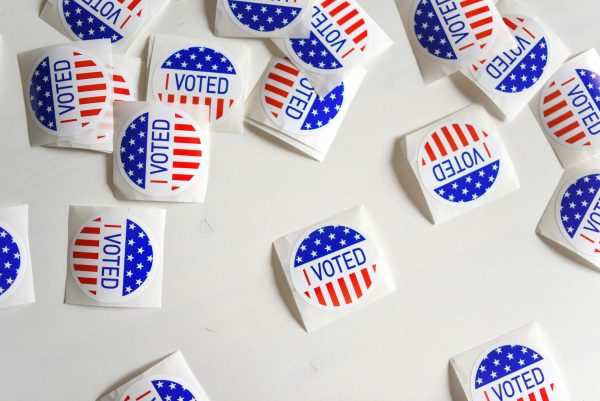Toxic Productivity Survives the Pandemic
Encouraging teens to work harder hurts society
Opinion Of: NOELLE AVENA

As college entrance becomes more competitive and more expensive, many students work toward sports or other scholarships as a way to afford it. Students receive more praise the harder they work themselves.
American culture praises the workaholic-someone who puts work above all else and would rather put in extra hours at the office than at home relaxing. Out of that comes shame for those who don’t center academic or career achievements as the core of their life. This way of thinking instills in the minds of students that their job will determine their life’s path and their value as a person.
The idea that if one just works hard enough, they can achieve anything they desire benefits those who profit off of adults willingly overworking themselves. Sacrificing sleep or time with family in favor of productivity can start in high school and ruin one’s ability to stop and look around for life.
I just turned 18, and I now regret spending my teen years absorbed in work from classes I don’t have an interest in and extracurriculars that, in retrospect, might not have connected with me. All I wanted to do was write, read, and be outside, but I was encouraged to sacrifice that time to level up in my classes and participate in whatever might look good on my application.
As time goes on, college entrance and high school itself gets more competitive. There is no reprieve coming for this generation of high school students or the next, as backing out of this race, as a school, is unthinkable – it would mean putting its students at a disadvantage in college entrance and job opportunities. The school can, however, discourage students from developing unhealthy habits that feed into this mindset.
One of these places where the school demonstrates some toxic productivity is in goal setting lessons. There’s nothing inherently wrong with wanting to set a goal, but goals make the baseline assumption that one is not content with their life as it is. Why isn’t it acceptable to not feel the need to better oneself at all times? With the rates of mental illness in teens being higher than ever, focus needs to be put on taking away stressors, not adding to them. Pushing the idea that students need to always improve is not inherently positive.
A pandemic gave students the chance to look up from their school days and see beyond the scope of the next test. Students discovered that they’re still people, even apart from school, sports, and activities- people who deserve respect. Students being yelled at or told what to do, which is normal, felt strange after spending time out in the world being treated like any other person. The pandemic has not only changed how students are taught (now teaching is thoroughly meshed with online programs), it also heightened students’ awareness of their ability to self-advocate. Students pushed back against what they’re taught and been active in their education since the start of the pandemic. They no longer sit still when witnessing injustice.
ELHS should dedicate itself in these transitional years to maintaining a separation between a child’s time as a student and their time as a regular person, when they’re able to leave school and not worry about assignments popping up on Google Classroom. As times change, it’s important to be aware of the life-altering experiences many students have faced as a result of the pandemic, whether in their family life, self-image, or experience of the world as a whole.
Your donation will support the student journalists of East Lyme High School. Your contribution will allow us to purchase equipment and cover our annual website hosting costs.



